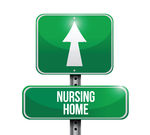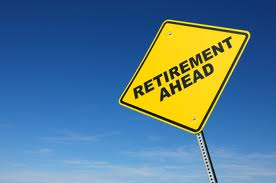
Taking care of an elderly individual? Summer can present its own unique issues when it comes to senior living and care. Below are some tips you can use to keep your loved one safe.
- Beware of Insects
Many insects abound during the summer. Some may potentially be able to cause harm to your loved one. Rodents can carry diseases as well. Try to make sure your home is free of them. Get an exterminator to get rid of insects and rodents, and use bug repellents when outside, to keep away mosquitos and other insects. It is a good idea to ask your loved one’s doctor which repellents are okay to use.
- Be Careful of Allergies
Does your loved one have any allergies that you should be aware of? Do they need to take any medications to help them deal with them? Be sure to find out, and always watch out for local allergy warnings.
- Keep Their Medications Safe
Medications often require that you store them at a certain temperature. If the temperature where they are stored is too hot, then they may not be as effective. Find out the required storage temperature for each of your loved one’s medications.
- Make Sure Their Food is Fresh
Food spoils faster in the summer. Make sure that their food and drinks are always fresh. Always keep food and drinks in the fridge when not being used. Ask your loved one’s doctor about the temperature of the foods and drinks you feed them. Hot meals are important, but if it’s extremely hot outside, then it may be better to give them cool foods and drinks instead.
- Watch Out for Hyperthermia
Hyperthermia and heat strokes can be dangerous, especially during the summer heat. Watch out for symptoms, such as increased body temperature, heavy breathing, nausea and vomiting, and headaches. In some cases, individuals may experience an inability to sweat adequately, while others might struggle with dealing with excessive sweating, especially in their hands, which can be uncomfortable and slippery. This can affect handling objects and even compromise mobility. Get your loved one out of the heat and call for medical help if you see something out of the ordinary.
By using these tips, you’ll make the summer a safer and more enjoyable time for your loved one!








